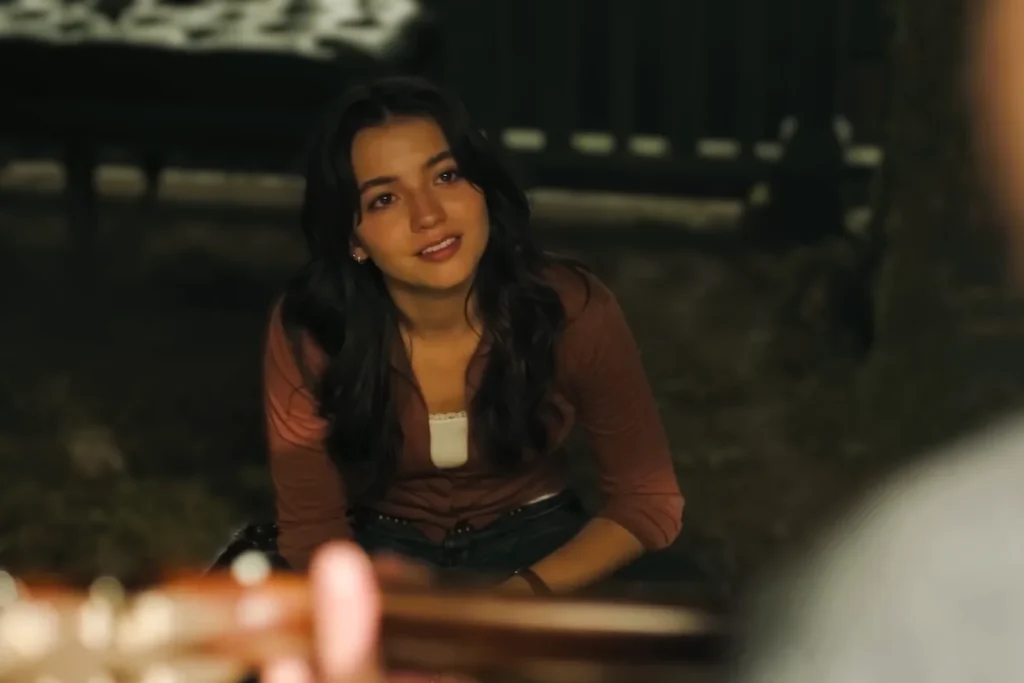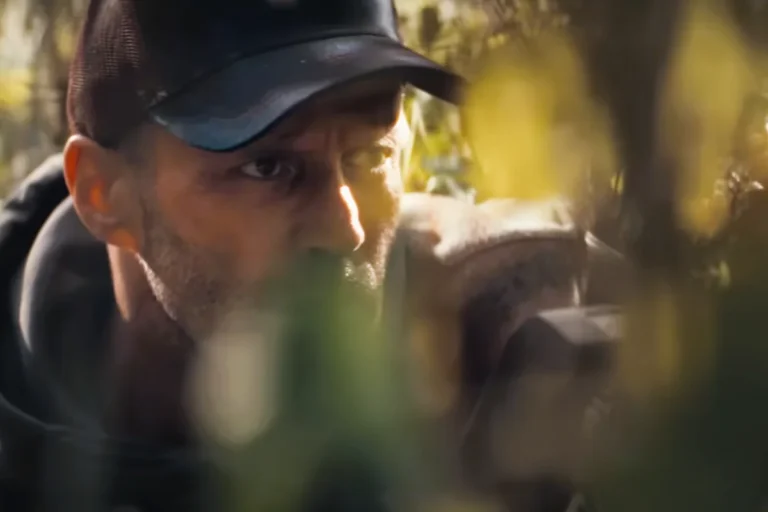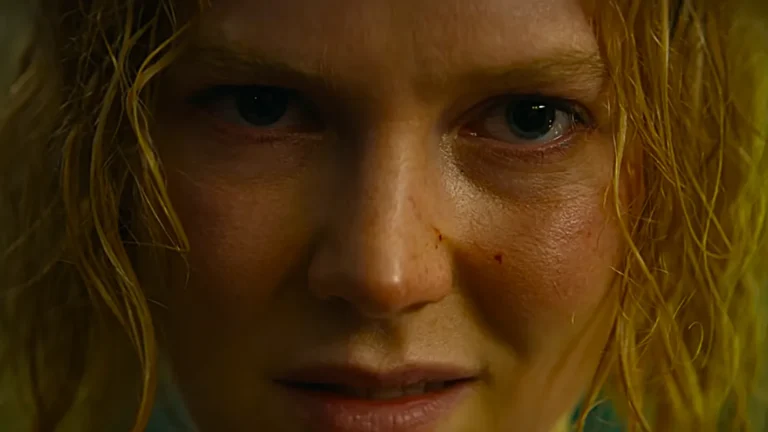Summary:
- The Kakamora originate from Polynesian mythology, notably in the Solomon Islands, where they are trickster spirits known for their deceptive nature.
- Disney’s portrayal of Kakamora in Moana simplifies these figures into comedic pirate-like antagonists.
- In traditional beliefs, Kakamora is often dangerous, with predatory tendencies and supernatural strength.
- Modern interpretations in the Solomon Islands blend folklore preservation with concerns over the depiction in mainstream media.
The Kakamora, small trickster spirits from Polynesian mythology, have been adapted by Disney into coconut-armored pirates in Moana. This portrayal differs greatly from the Kakamora’s original roles in traditional stories.
How Do the Kakamora Differ Between Polynesian Mythology and Moana?

In traditional Polynesian mythology, the Kakamora are small, secretive beings, particularly known in the Solomon Islands for their cunning and sometimes dangerous nature. Disney’s Moana, however, offers a different interpretation, turning these creatures into comic relief characters.
1. Characterization and Appearance
- In Moana, the Kakamora are small, coconut-armored pirates who serve as antagonists, providing humor and action as they attempt to steal Te Fiti’s heart from Moana and Maui.
- In Polynesian mythology, Kakamora are described as small, hairy spirits, often depicted as living in forests or caves. They are tricksters by nature, not pirates, and have a more complex relationship with humans, sometimes posing danger to travelers.
2. Cultural Context
- In Moana: The Kakamora are presented as light-hearted, mischievous characters to fit the movie’s adventurous tone. Their roles are largely simplified for entertainment.
- In folklore: The Kakamora’s role is more nuanced. They embody themes of nature’s unpredictability and the importance of respecting it. In many tales, they are cautionary figures that represent the dangers of underestimating seemingly harmless creatures.
3. Role in the Narrative
- In Moana: The Kakamora are an obstacle in Moana’s journey. Their attack provides a brief action sequence but doesn’t delve into any deep mythological background.
- In Polynesian mythology: The Kakamora’s stories often carry moral lessons, teaching about the consequences of disrespecting nature and cautioning against overconfidence.
4. Artistic License
Disney’s adaptation of the Kakamora in Moana took creative liberties, turning these trickster spirits into simplified characters for the film. This transformation makes them accessible to a global audience but risks diminishing their cultural significance and mythological depth.
READ MORE: Harry Potter: Why House Points Matter at Hogwarts and How They’re Awarded?
Why Are Kakamora Considered Dangerous in Polynesian Mythology?

In Polynesian mythology, Kakamora have a reputation for being dangerous due to their deceptive and predatory nature. Though they may appear small and harmless, they possess several qualities that make them formidable.
1. Trickster Nature: Kakamora are often described as tricksters who use deception to lure unsuspecting humans. In one myth, they mimic the cry of a child to draw travelers close, only to ambush them. This cunning behavior makes them dangerous despite their size.
2. Predatory Behavior: There are legends that suggest Kakamora are capable of harming or even consuming humans, particularly those who wander too far into their territory. These myths present them as both tricksters and predators, enhancing their reputation as dangerous beings.
3. Supernatural Strength: Despite their small size—usually described as about four feet tall—Kakamora are believed to have superhuman strength, reportedly several times stronger than an average person. This strength allows them to overpower humans who might underestimate them.
4. Fire Theft: In some myths, the Kakamora are known for stealing fire from humans, an act symbolizing their disruption of the natural order. Fire theft is a common motif in mythology, often representing chaos and danger introduced into human society.
5. Ambiguous Morality: Kakamora are complex figures in folklore. They are neither wholly good nor evil, instead occupying a space where they can be both protectors and threats, depending on the context of the story. This moral ambiguity adds to their mystique and unpredictability.
READ MORE: Delia Deetz and the Family Dynamics in Beetlejuice 2: Does Delia Die in Beetlejuice 2?
Common Methods to Scare Off Kakamora

Various methods have been passed down through folklore to ward off Kakamora, with the most notable involving the color white. These traditional practices reflect the culture’s deep understanding of the supernatural and the boundaries between the human and spirit worlds.
1. Waving White Objects: The Kakamora are said to be afraid of the color white. Waving white objects such as cloth or paper acts as a protective measure. White is associated with purity and protection in many cultures, making it a powerful symbol against trickster spirits.
2. Loud Noises: In some versions of the lore, making loud noises can scare off Kakamora. Shouting, banging drums, or using other instruments creates enough of a disturbance to frighten them away.
3. Bright Lights: Bright lights, such as those from torches or lanterns, may also repel Kakamora. While not a common method in every myth, the use of light to ward off supernatural beings is a theme that appears across many cultures.
4. Ritualistic Items: Certain ritualistic items or charms can protect against Kakamora, including talismans believed to have spiritual significance. These objects are thought to serve as barriers against their trickery.
5. Traditional Dances and Songs: In some traditions, dances or songs may honor the Kakamora while also acting as a deterrent. Performing these rituals reflects respect for the spirits and reinforces the community’s bond with nature.
READ MORE: Game of Thrones: Who is Jon Snow’s real family, and why is it kept a secret?
Modern Views on Kakamora in the Solomon Islands

In the Solomon Islands, the Kakamora remain an important part of local folklore, although modern perspectives on their significance have evolved, influenced by both traditional beliefs and global media.
1. Preservation of Folklore: Stories of the Kakamora are still told on islands like Makira, where they are seen as mischievous but potentially dangerous beings. The preservation of these stories helps maintain a cultural connection to the past and serves as a reminder of the unpredictability of nature.
2. Impact of Disney’s Moana:** The depiction of Kakamora in Moana has brought these spirits to a global audience, but it has also sparked debate about cultural representation. While the movie introduced Kakamora to a wide viewership, some feel that the simplified portrayal diminishes their mythological complexity.
3. Modern Expeditions: Some people in the Solomon Islands believe that Kakamora may still exist in remote areas, much like cryptids in other cultures. Expeditions are occasionally undertaken in search of these beings, blending traditional folklore with a sense of adventure.
4. Mixed Reactions to Popular Culture: While the Kakamora’s increased visibility through Moana is appreciated by some, others express concern about the caricature-like portrayal. The tension between authentic representation and entertainment continues to shape discussions about cultural preservation.
Stay updated with the Latest News and Stories, follow us on our social media platforms.
You can follow us on:
Stay Connected!! Join our Whatsapp Channel













